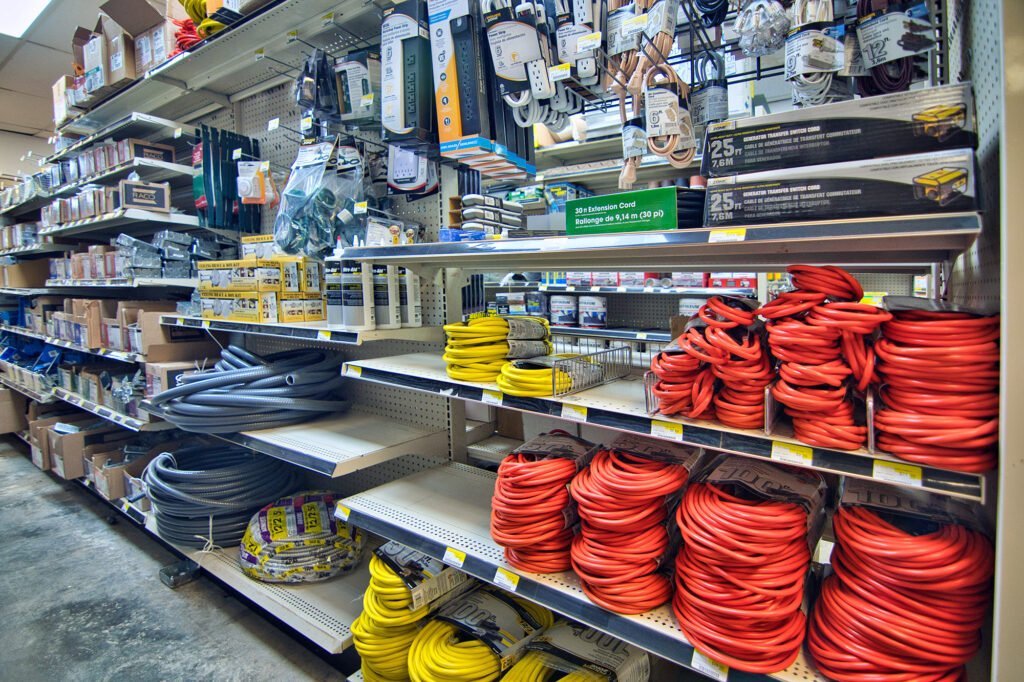When engaging in international trade, understanding the role and responsibilities of the Importer of Record (IOR) is crucial for businesses importing goods into any country. In Saudi Arabia, as one of the leading economies in the Middle East, the IOR plays a vital role in ensuring the smooth flow of goods while adhering to the regulatory framework of the kingdom. This article aims to provide a comprehensive guide on the concept of the Importer of Record in Saudi Arabia, outlining its significance, legal requirements, and the process involved.
What is an Importer of Record (IOR)?
An Importer of Record is a business or individual responsible for ensuring that imported goods comply with the relevant laws, regulations, and customs procedures in the destination country. In essence, the IOR is the party who assumes responsibility for clearing goods through customs, paying any applicable duties, and ensuring that the goods are properly documented.
The IOR is typically the party listed on the customs declaration as the importer, and they are accountable for any issues or discrepancies that may arise during the importation process. In Saudi Arabia, the role of the IOR is critical because it ensures that the goods entering the country meet the standards set by Saudi authorities, including those for quality, safety, and adherence to Islamic law (Shariah).
Legal and Regulatory Framework for Importation in Saudi Arabia
Saudi Arabia has a well-established regulatory framework to control and oversee the importation of goods into the country. The General Authority of Zakat and Tax (GAZT), along with Saudi Customs, is responsible for enforcing the regulations that govern importation. The key legal requirements for importing goods into Saudi Arabia include the following:
- Customs Duties and Taxes: Importers must pay customs duties and value-added tax (VAT) at the applicable rates. The standard VAT rate is 15%, but there are certain exemptions depending on the type of goods being imported.
- Import License: For certain products, an import license or permit may be required. For instance, food products, pharmaceuticals, chemicals, and other sensitive goods need to be accompanied by appropriate certifications and licenses.
- Saudi Product Conformity Assessment Program (PCA): To ensure that imported products meet the kingdom’s standards for quality and safety, Saudi Arabia requires conformity assessments for many products. This program, managed by the Saudi Standards, Metrology and Quality Organization (SASO), mandates that certain goods be tested and certified before they can enter the market.
- Halal Certification: As a predominantly Muslim country, Saudi Arabia requires many imported goods to be Halal-certified. This includes food, beverages, cosmetics, and pharmaceuticals. An IOR must ensure that any product requiring this certification is in compliance with Saudi standards.
- Health and Safety Regulations: Imported goods must also adhere to the health and safety standards set by the Saudi Food and Drug Authority (SFDA) or other relevant bodies. This is particularly important for pharmaceuticals, medical devices, and consumable products.
Key Responsibilities of the Importer of Record in Saudi Arabia
The IOR in Saudi Arabia is entrusted with a number of responsibilities to ensure the smooth and legal importation of goods. These responsibilities include:
- Customs Clearance: One of the main tasks of the IOR is to facilitate the customs clearance process. This involves submitting accurate customs declarations and ensuring that all relevant documents, such as commercial invoices, packing lists, bills of lading, and certificates of origin, are properly prepared and submitted to Saudi Customs.
- Payment of Duties and Taxes: The IOR is responsible for paying any applicable import duties and taxes, including customs duties, VAT, and any other applicable fees. Non-payment or late payment can result in penalties and delays.
- Compliance with Standards: The IOR must ensure that the imported goods comply with all Saudi Arabian standards and regulations. This includes obtaining necessary certifications, such as Halal certification or conformity assessment certifications, as required by Saudi authorities.
- Record-Keeping: The IOR must maintain accurate records of all import transactions, including customs documents, payment receipts, and certificates of conformity. These records must be kept for a specified period and made available for inspection if required by authorities.
- Risk Management and Liability: As the party responsible for the importation process, the IOR assumes liability for any violations of customs regulations, misdeclarations, or non-compliance with regulatory standards. Therefore, it is critical for the IOR to manage risks effectively and avoid any legal repercussions.
The Importation Process in Saudi Arabia
The process of importing goods into Saudi Arabia involves several steps, and the IOR is involved at every stage:
- Preparation and Documentation: Before shipping goods to Saudi Arabia, the IOR must ensure that all necessary documentation is in order. This includes contracts, invoices, packing lists, certificates of origin, and any other required certifications. Goods must also be inspected for conformity with Saudi standards before shipment.
- Shipping and Customs Declaration: Once the goods arrive in Saudi Arabia, the IOR must submit a customs declaration to Saudi Customs, along with all relevant documentation. The customs authorities will review the declaration and assess the appropriate duties and taxes.
- Payment of Duties and Taxes: Upon approval from Saudi Customs, the IOR must pay the applicable customs duties and taxes. Payment is typically made electronically via the Saudi Customs’ e-services platform.
- Customs Inspection and Clearance: In some cases, customs authorities may inspect the imported goods to ensure that they meet all legal and regulatory requirements. If the goods pass the inspection, they will be cleared for release to the importer.
- Final Delivery: Once the goods have cleared customs, the IOR can arrange for the final delivery and distribution of the goods within Saudi Arabia.
Importance of Choosing a Reliable Importer of Record
Given the complexities involved in the importation process in Saudi Arabia, it is crucial for businesses to choose a reliable and experienced IOR. A reputable IOR will have a deep understanding of Saudi Arabian import regulations, a strong network with customs authorities, and the expertise to manage the entire importation process efficiently.
Moreover, businesses may opt to hire a third-party logistics provider (3PL) or a customs broker to act as their IOR. These entities are well-versed in the regulatory requirements and can ensure that the importation process is handled smoothly, reducing the risk of delays and penalties.
Conclusion
In conclusion, the Importer of Record in Saudi Arabia plays a critical role in ensuring the successful importation of goods into the kingdom. The IOR must adhere to the country’s complex regulatory requirements, including customs duties, certifications, and safety standards, while also ensuring that all documentation is accurate and compliant. By choosing a competent IOR, businesses can mitigate risks and ensure that their goods are imported seamlessly into Saudi Arabia.



